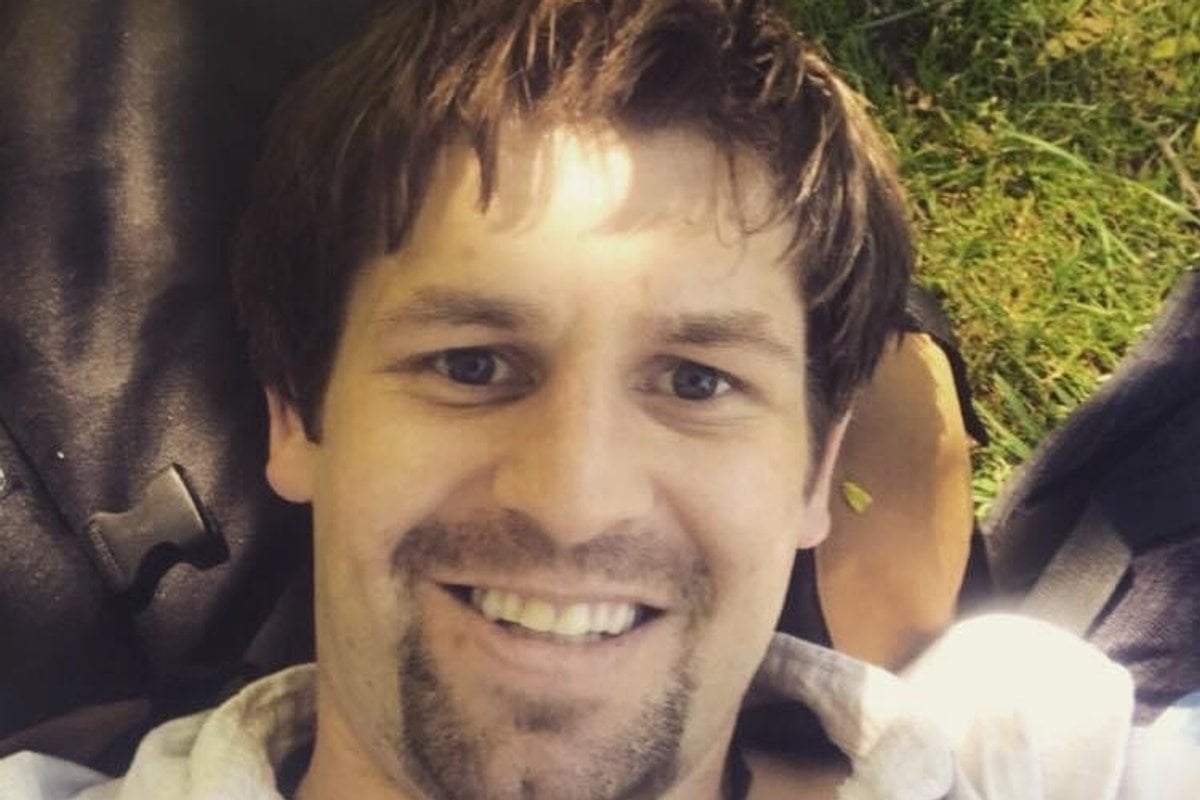
This post deals with addiction and mental health, and might be triggering for some readers.
Jake Wertenbach loved the family group chat. Living through Melbourne’s recent lockdown, it was one of the few ways he could communicate with his loved ones.
Just weeks before stage four restrictions commenced, the 32-year-old had moved into an apartment where he lived by himself. His family was like millions of others; separated by uncompromising borders. For Jake, the family group chat was one of the crucial ways he would stay connected and combat loneliness.
“He was always interested in what we were all doing,” Elsie Wertenbach, Jake’s mother who is originally from East Gippsland, tells Mamamia. “Every night he wanted to know what we were eating for dinner and he would send us pictures of what he was cooking for dinner.”
It became a daily ritual until Jake abruptly stopped responding. It was about August 27 when their hearts first felt heavy with worry.
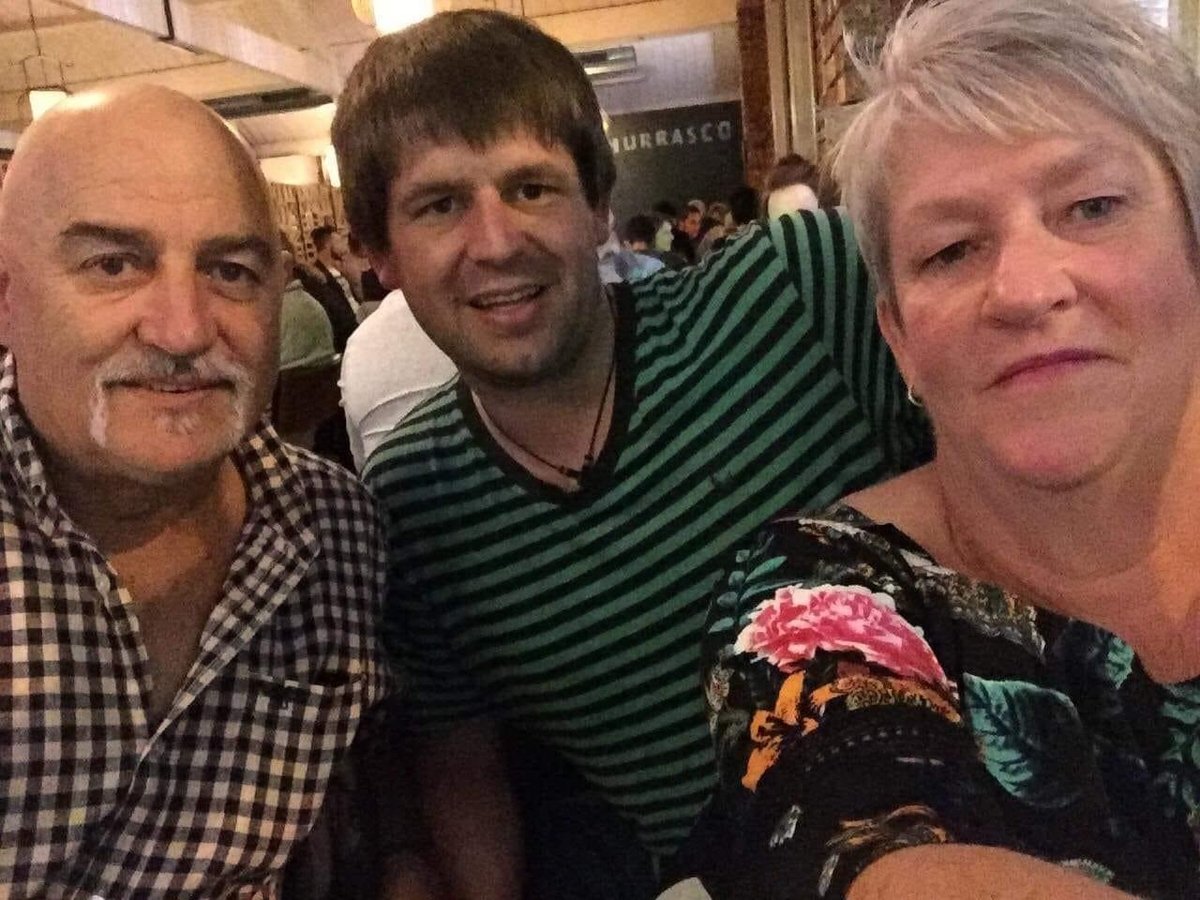 Jake Wertenbach, 32, with his parents Elsie and Rudi Wertenbach. Image: Supplied.
Jake Wertenbach, 32, with his parents Elsie and Rudi Wertenbach. Image: Supplied.

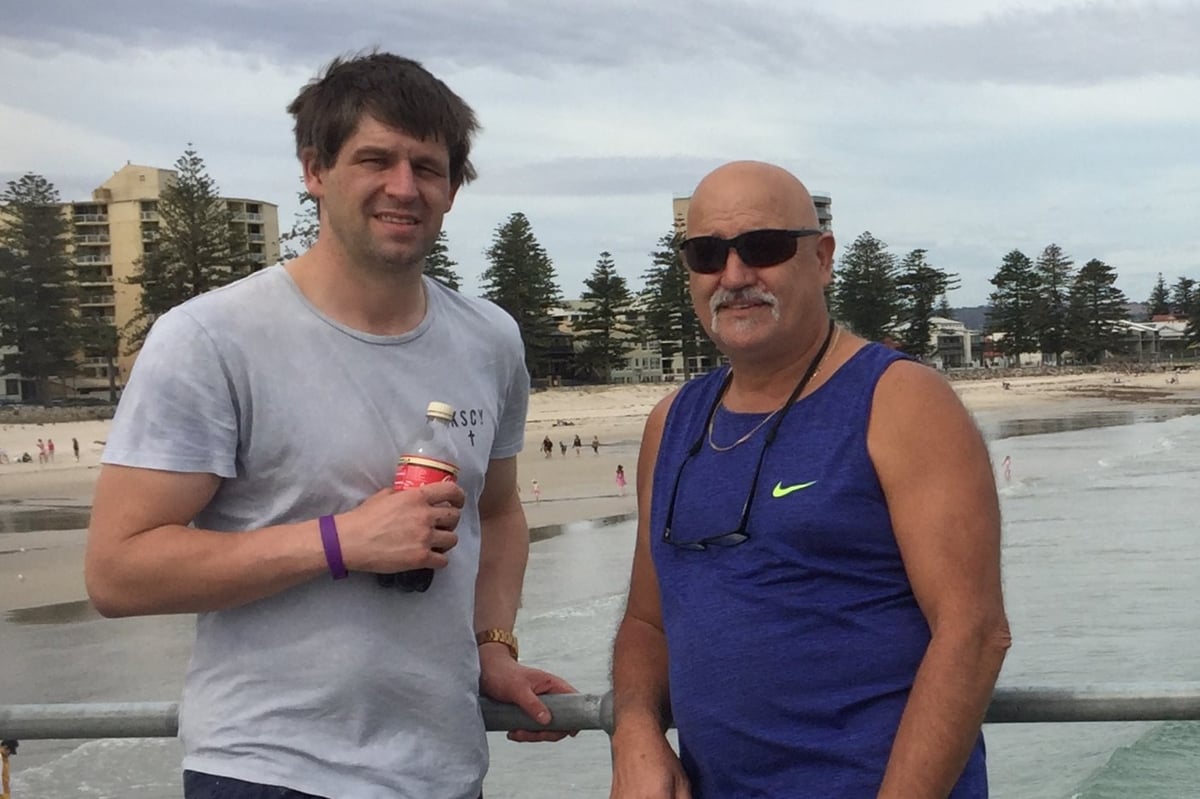
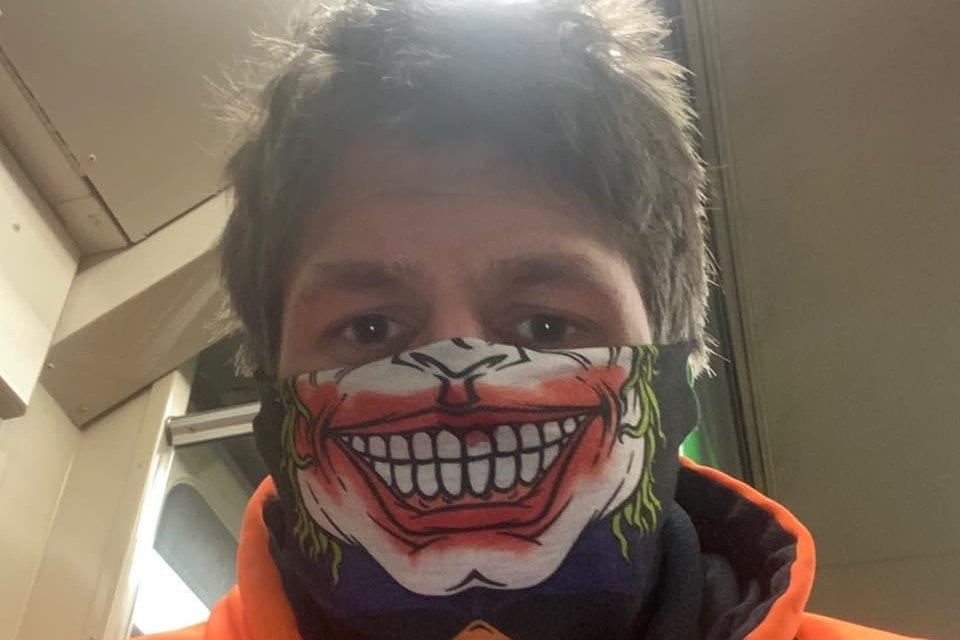
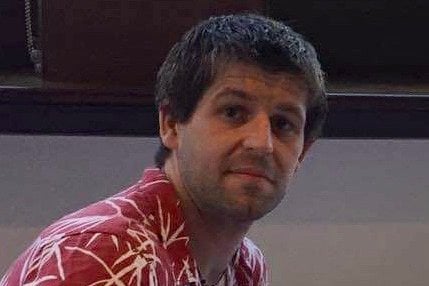
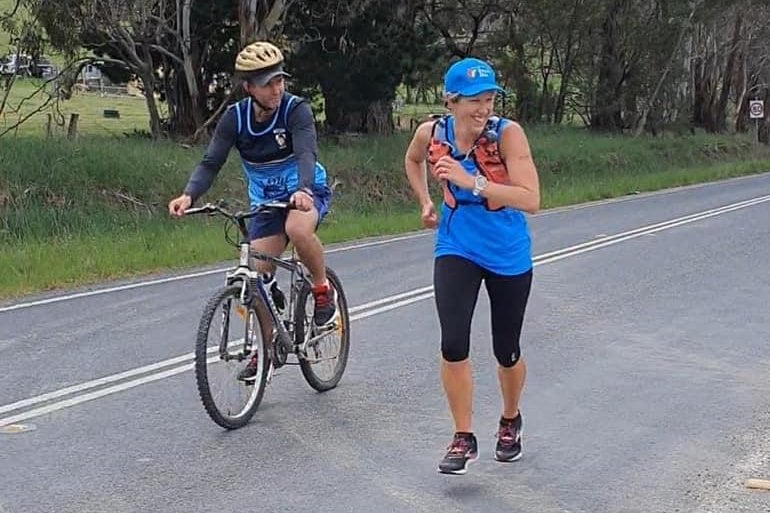
Top Comments